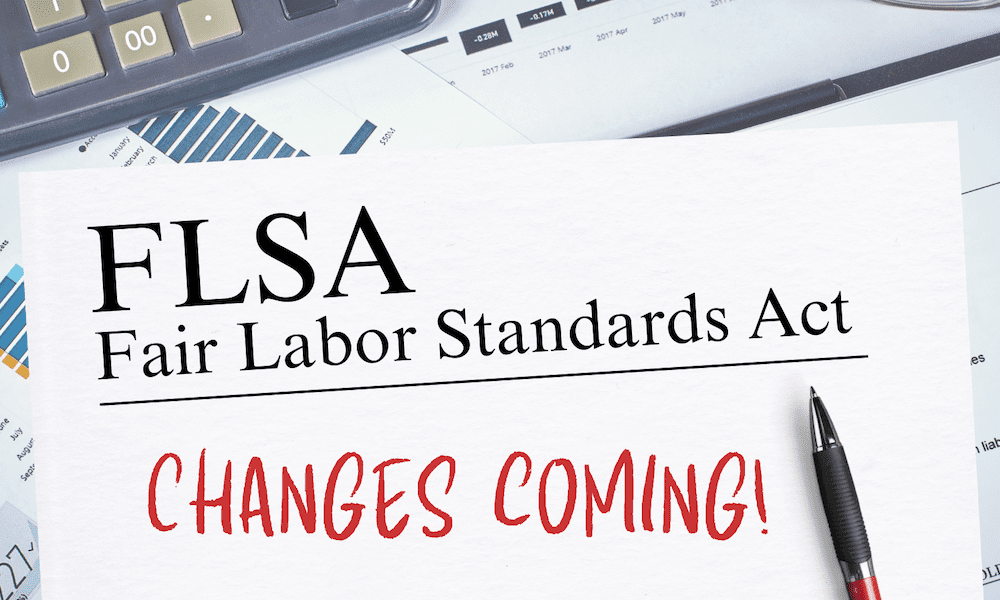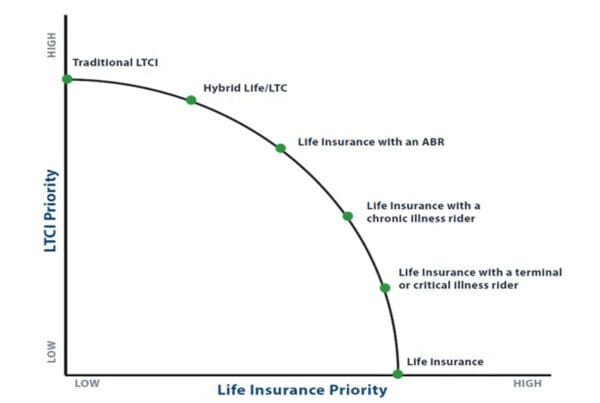
As of March 11, 2024, a significant change is set to take place regarding the Final Rule on Employee or Independent Contractor Classification under the Fair Labor Standards Act (FLSA). This revision, announced on January 9, 2024, marks a return to the pre-2021 stance and aims to provide clearer guidelines for determining whether a worker should be classified as an employee or an independent contractor.
Understanding the Final Rule:
The Final Rule, designed to address the complexities of employee classification, rescinds the 2021 Independent Contractor Rule and replaces it with guidance that aligns more closely with the FLSA and longstanding judicial precedent. The Department anticipates that this adjustment will reduce the risk of employee misclassification, fostering greater consistency for businesses engaging with independent contractors.
Key Components of the Final Rule:
The Final Rule emphasizes the economic reality of a worker’s relationship with their employer. It utilizes six factors to guide the analysis of employee or independent contractor status under the FLSA:
- Opportunity for Profit or Loss: Depending on managerial skill.
- Investments: Both by the worker and the potential employer.
- Permanence of Work Relationship: Examining the degree of permanence.
- Nature and Degree of Control: Assessing the level of control exerted.
- Integral Part of Business: Evaluating the extent to which the work is integral to the potential employer’s business.
- Skill and Initiative: Considering the worker’s skill and initiative.
Detailed Guidance:
The Final Rule provides comprehensive guidance on applying each of these factors. Importantly, no single factor holds predetermined weight, and additional considerations may come into play based on whether the worker is in business for themselves (an independent contractor) or economically dependent on the employer for work (an employee under the FLSA).
Addressing Voluntary Waivers:
The Final Rule clarifies that a worker cannot voluntarily waive employee status to be classified as an independent contractor. The FLSA maintains that if a worker is economically dependent on the employer, they are considered an employee. While workers have the freedom to choose suitable work opportunities, waiving FLSA-protected rights, such as minimum wage or overtime pay, is not permissible. The Supreme Court has emphasized that allowing such waivers would undermine the Act’s goal of eliminating unfair competition methods in commerce.
Businesses and workers alike should be aware of the upcoming changes in the Final Rule, ensuring compliance with the FLSA and fostering a fair and transparent working environment. As the landscape of employee classification evolves, staying informed and adhering to these guidelines will be crucial for navigating the intricacies of the employer-worker relationship.



